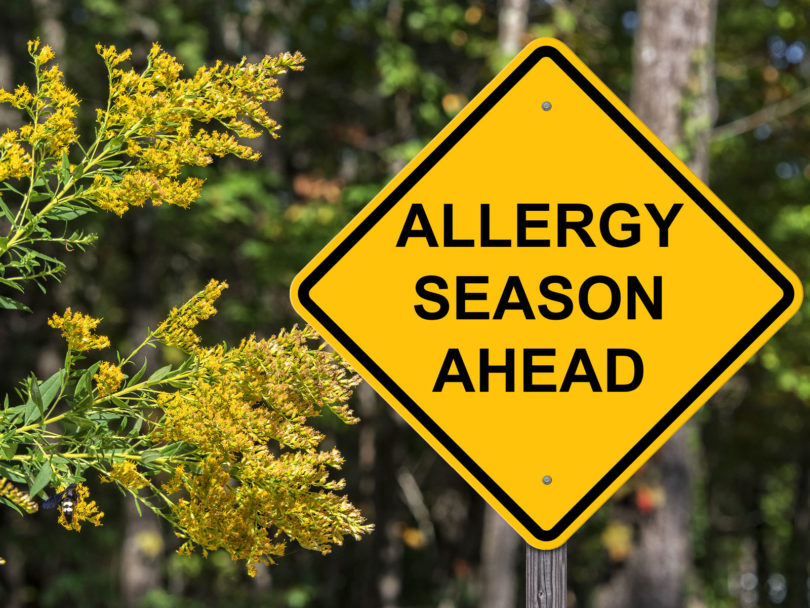Will my child outgrow his or her allergies?
The answer is it depends. Regarding food allergies, most children will outgrow their milk, egg, wheat or soy allergy by the time they reach adulthood, often by the time they start elementary school. However, only about 20 percent of children with peanut allergy, 10 percent of children with tree nut allergy and almost no children with shellfish allergy outgrow their allergy.
With allergic rhinitis (hay fever), which is due to environmental allergies, sometimes children with very mild symptoms will go into a remission as they hit puberty, but most children will have symptoms that persist well into adulthood, with some improvement in older age.
About 75 percent of children with childhood eczema will have a remission before adolescence. Childhood wheezing tends to develop into asthma if it is associated with allergic triggers, is more severe and persistent, and if there is a maternal history of asthma. Asthma in adolescents typically persists into adulthood.
The current standard treatment for food allergies is complete avoidance. For environmental allergies that cause hay fever, asthma and eczema, avoidance measures and medications can minimize symptoms, but the only way to alter the course of the disease is allergen immunotherapy (allergy shots or tablets). This treatment, which usually lasts 4-5 years, is 85-90 percent effective and should only be directed by an ABAI board-certified/eligible allergist.



